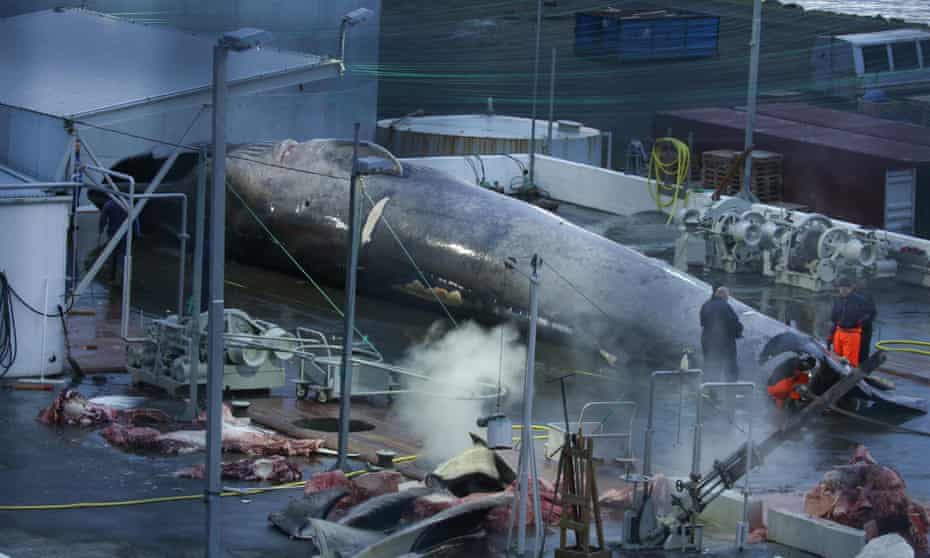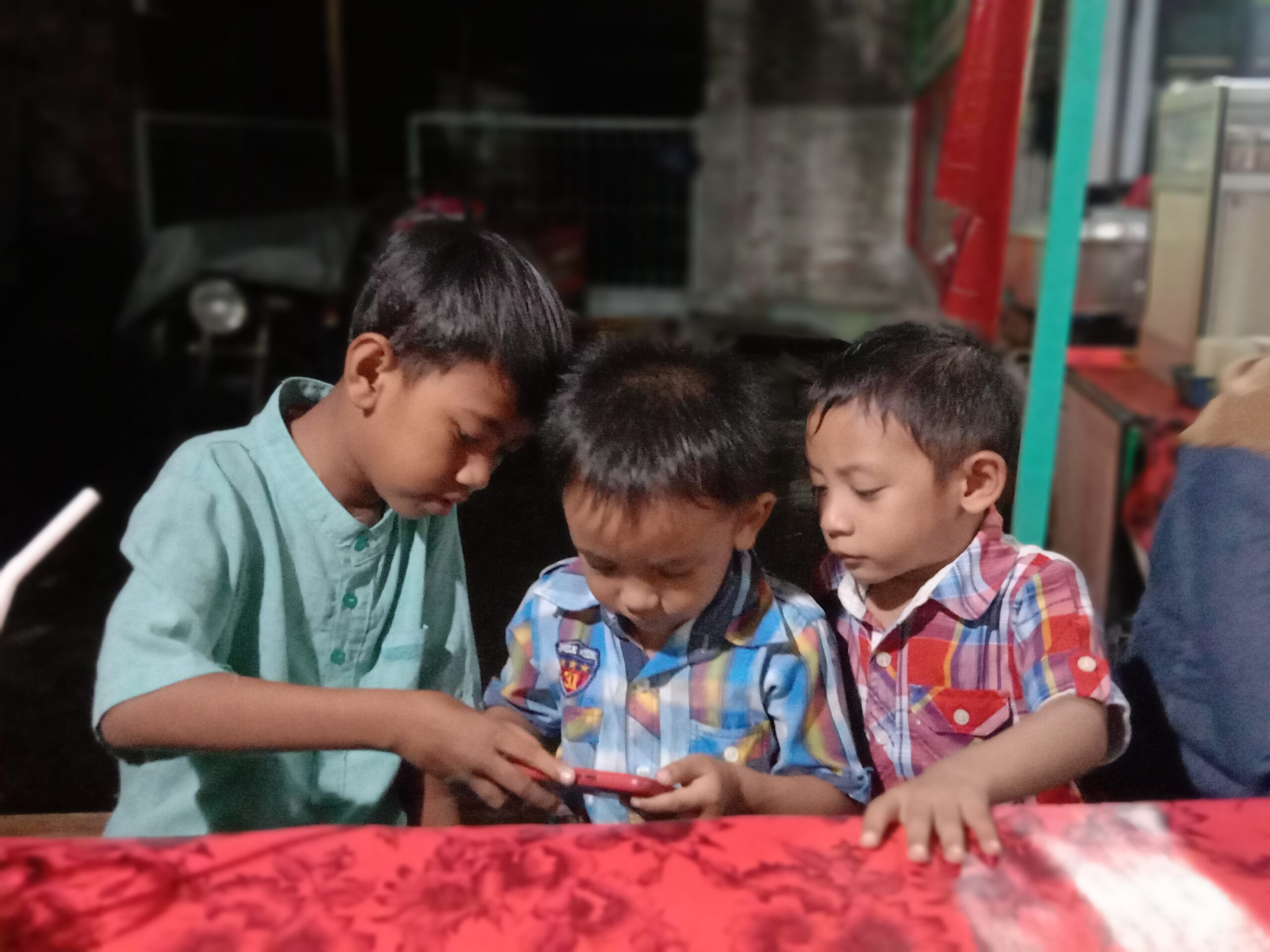Source >>>
Japan’s return to commercial whaling in 2019 has left few buyers for Iceland’s meat

AFP in Reykjavik Fri 4 Feb 2022 16.09 GMT
Iceland, one of the only countries that still hunts whales commercially, along with Norway and Japan, plans to end whaling from 2024 as demand dwindles, the fisheries minister has said.
“There are few justifications to authorise the whale hunt beyond 2024,” when current quotas expire, Svandis Svavarsdóttir, a member of the Left Green party, wrote in Morgunblaðið newspaper.
“There is little proof that there is any economic advantage to this activity,” she said.
Iceland’s annual quotas for 2019-23 allow for the hunting of 209 fin whales – the planet’s second-largest species after the blue whale – and 217 minke whales, one of the smallest species.
But for the past three years, the two main licence holders have suspended their whale hunts, and one of them hung up its harpoons for good in 2020.
Only one whale has been killed in the past three years, a Minke whale in 2021.
Demand for Icelandic whale meat has decreased dramatically since Japan – the main market for whale meat – returned to commercial whaling in 2019 after withdrawing from the International Whaling Commission (IWC).
The hunt had also become too expensive after a no-fishing coastal zone was extended, requiring whalers to go even farther offshore.
Additionally, safety requirements for imported meat were more stringent than for local products, rendering Icelandic exports more difficult.
Social distancing restrictions to combat the coronavirus pandemic also meant Icelandic whale meat processing plants were unable to operate as normal.
In Iceland’s last full season in 2018, 146 fin whales and six Minke whales were killed.
Iceland resumed commercial whaling in 2006 despite a 1986 IWC moratorium, which it had opposed.You’ve read 6 articles in the last yearArticle counton
… as you’re joining us from Indonesia, we have a small favour to ask. Tens of millions have placed their trust in the Guardian’s fearless journalism since we started publishing 200 years ago, turning to us in moments of crisis, uncertainty, solidarity and hope. More than 1.5 million supporters, from 180 countries, now power us financially – keeping us open to all, and fiercely independent.
Unlike many others, the Guardian has no shareholders and no billionaire owner. Just the determination and passion to deliver high-impact global reporting, always free from commercial or political influence. Reporting like this is vital for democracy, for fairness and to demand better from the powerful.
And we provide all this for free, for everyone. We do this because we believe in information equality. Greater numbers of people can keep track of global events, understand their impact on people and communities, and become inspired to take meaningful action. Millions can benefit from open access to quality news, regardless of their ability to pay for it.
If there were ever a time to join us, it is now. Every contribution, however big or small, powers our journalism and sustains our future. Support the Guardian from as little as $1 – it only takes a minute. If you can, please consider supporting us with a regular amount each month. Thank you.

